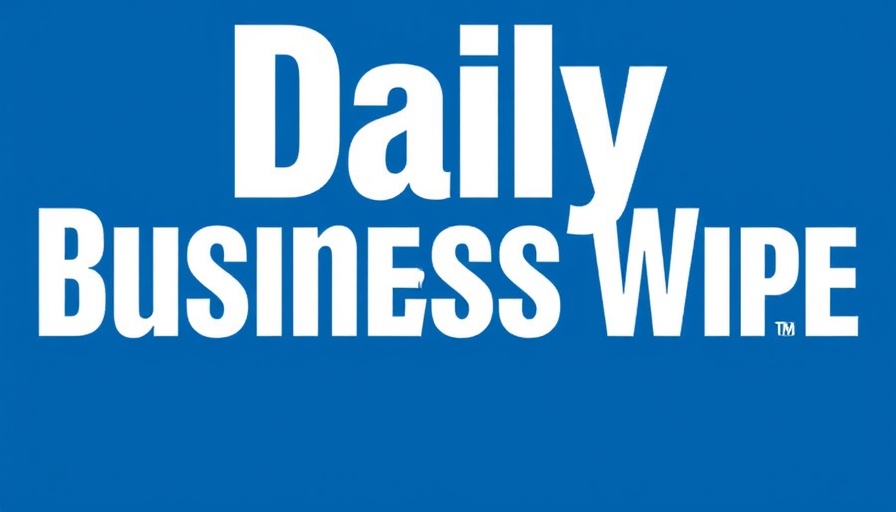
Understanding Generation Z: The Workforce of Tomorrow
Generation Z, the cohort born between 1997 and 2012, is steadily moving into the workforce and is expected to comprise 30% of all employees by 2030. This generation is distinctively shaped by technology, having been raised in a fully digital world. With their entry into the workforce, traditional workplace dynamics are set to undergo a seismic shift, necessitating a reevaluation of how businesses engage with and manage this new talent pool.
Redefining Work Ethic for a New Era
A common misconception about Gen Z is their alleged lack of work ethic. In reality, studies reveal that 65% of Gen Z employees are committed to their growth and performance, eager to exceed expectations. This generation’s unique upbringing, marked by a series of global challenges—including economic instability and the COVID-19 pandemic—has fostered a deep-seated desire for meaningful work. An overwhelming 89% of Gen Z agrees that work should contribute positively to society, aligning personal values with job responsibilities.
Prioritizing Purpose Over Pay: A Paradigm Shift
For Gen Z, job satisfaction is closely linked with the sense of purpose rather than the size of the paycheck. While compensation remains critical, the new generation demands that their roles contribute to broader societal and environmental issues. This shift is enlightening; it tells employers to cultivate a workplace culture that reflects social responsibility more than mere profit margins. Understanding these expectations can help businesses attract and retain top talent.
Myth-Busting: Engaging Gen Z Employees
To engage effectively with Gen Z, businesses must confront and debunk various myths about this demographic. Creating an environment where employees feel aligned with the organization’s mission fosters ‘moral engagement.’ Regular, transparent communication about social impact initiatives and a commitment to social responsibility can significantly bolster engagement and loyalty.
Strategies for Employers: Connecting with Gen Z
Leveraging practical strategies can help bridge the gap between employers and Gen Z employees. Here are essential strategies for fostering an engaging workplace:
- Embrace Flexibility: The outdated 9-5 work model is losing relevance. Employers should consider flexible schedules and remote work options to cater to the preferences of Gen Z.
- Demonstrate Social Responsibility: Transparency in social engagement can make employees feel more invested in their roles.
- Encourage Feedback: Establishing open channels for communication can foster a culture that values employee feedback, significantly enhancing morale.
- Invest in Training: Backing their professional development positions the company as committed to their growth, vital for long-term engagement.
Future Trends: Navigating the Evolving Work Culture
As workplace demographics shift, it's essential for business leaders and executives to anticipate how these changes will evolve. Companies that adapt their strategies and policies to better align with Gen Z values—such as environmental sustainability, social justice, and mental wellness—will be better positioned to thrive in a competitive market. Preparing for this transition involves a renewed focus on flexibility, transparency, and engagement, ensuring that future workplaces not only meet the expectations of young employees but also actively involve them in shaping the workplace culture.
Conclusion: Preparing for Tomorrow's Workforce
Aligning business strategies with the values of Gen Z not only fosters a more engaged workforce but ensures long-term sustainability and growth for businesses. As companies prepare to integrate this new generation, reframing traditional approaches to work will be crucial. Adapting to their unique preferences and expectations will help not just in retaining top talent but also in creating workplaces that are innovative and resilient. For business leaders, adapting to these cultural shifts means understanding the profound impact of societal and personal values on employee engagement and organizational success.
 Add Row
Add Row  Add
Add 




Write A Comment